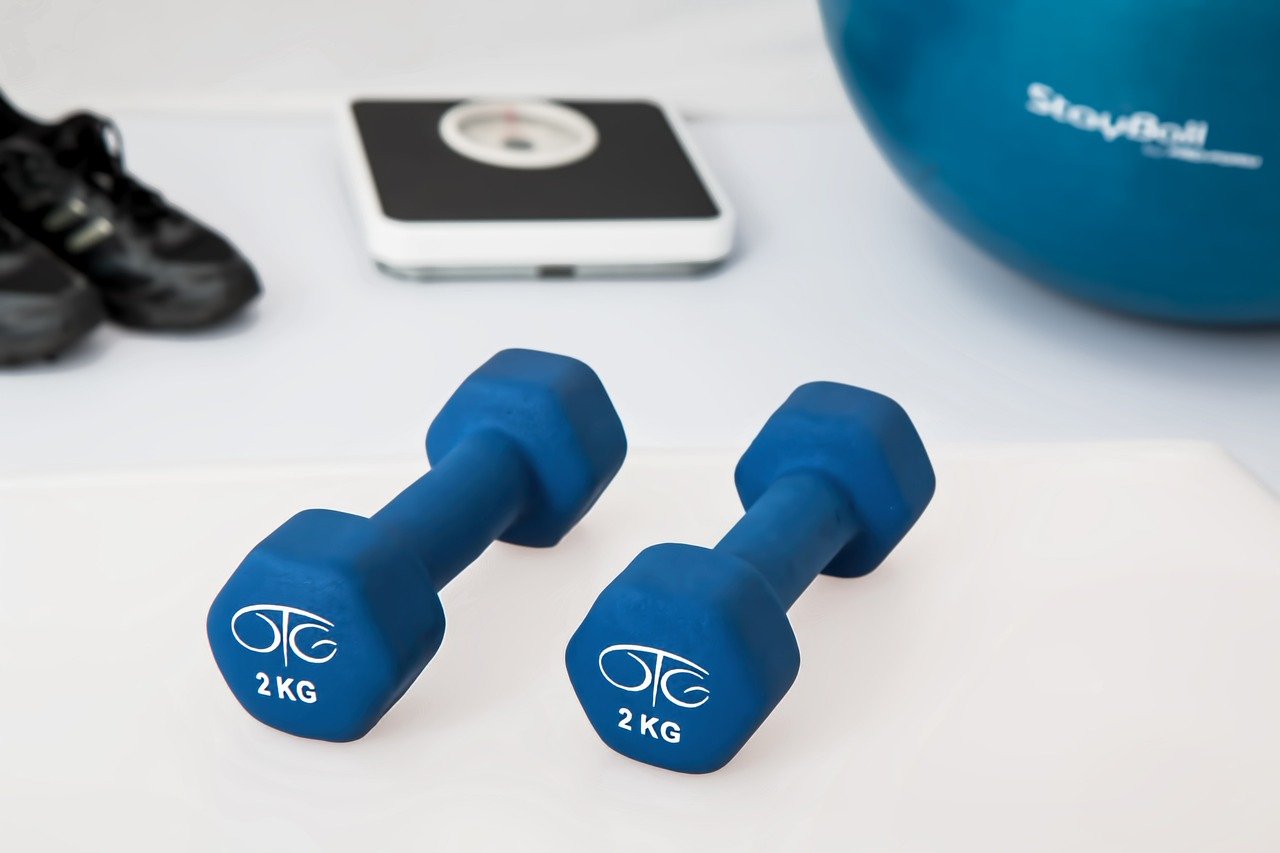Dr John Travers is a general practitioner and assistant professor of public health and primary care at Trinity College Dublin. His PhD was on reversing frailty and building resilience in older people.
Most people believe frailty is inevitable and irreversible as we age. However, this clinical trial showed that a simple, low-cost, home-based intervention can reverse frailty and significantly improve muscle strength, bone mass, activity levels and slowness in three months. The practical and easily deployed approach could yield substantial benefits if rolled out across the community.
Our team from University College Dublin, Trinity College Dublin, Munster Technological University and six general practices in Ireland developed a simple, low-cost intervention of resistance exercises and dietary protein which proved to be effective in tackling the early stages of frailty.
The intervention included twenty minutes of daily activity at home - which involved ten exercises to strengthen arms and legs and improve balance and coordination - as well as consuming sufficient protein (1.2g of protein per kg of body weight) in a normal daily diet.
Exercise and dietary intervention co-designed with older people
The intervention detailed in the new study was co-designed and tested with 112 older people over 18 months in group discussions, interviews and workshops. It was informed by a systematic review and meta-analysis of all published frailty interventions in primary care, so that we could build on the most effective interventions to date while avoiding shortcomings identified. It was further refined with input from physiotherapists, dietitians, geriatricians and GPs.
Following this, 168 participants from six general practices enrolled in a clinical trial and were randomly allocated to an intervention group or a control group.
Significant improvements found
Significant improvements were seen in the intervention group compared to the control group, including reversal of frailty, better grip strength, increased bone mass, and improved activity levels.
Frailty was measured using the SHARE-frailty index (FI), a validated, phenotypical tool specifically designed for primary care. The tool is based on five measurements: exhaustion, loss of appetite, handgrip strength, functional difficulties (walking 100m or climbing one flight of stars without rest) and low physical activity. SHARE-FI provides a continuous score, divided into three categories for frailty classification (non-frail, pre-frail and frail). At baseline, 17.7% of intervention and 16.9% of control participants were frail by SHARE-FI. At follow-up, 6.3% and 18.2% were frail, respectively. The odds ratio of being frail between intervention and control groups post-intervention was 0.23 (95% confidence interval: 0.07–0.72; P = 0.011), adjusting for age, gender and site. The number of participants who were frail therefore decreased by two thirds in the group that undertook the exercises and dietary changes. Two thirds of participants found the exercises and dietary changes easy.
The study also measured the biological age of participants as a secondary outcome. It found that the average biological age in the control group was three months older at the end of the three-month period, while the average biological age in the intervention group was seven months younger. Although the effect size was large, a study with more participants will be needed to prove the significance of this finding on biological ageing.
Involvement of public and patient partners from the outset enhanced the feasibility of this high- quality trial intervention.
A compelling opportunity in clinical practice to reverse frailty and build resilience
Frailty is a state of decreased resilience against stressors such as a fall or infection, with an increased risk of disability, dependency and mortality.
The prevalence of frailty in adults aged over 65 years is about 10% and increases to 50% in those over 80; and the condition not only affects the quality and length of people’s lives but also requires significant support from health services.
A person with frailty has a three-fold higher mortality risk compared to those who are not frail. Those with frailty are twice as likely to have to attend an emergency department, will spend four times as long in hospital and will visit their GP on four more occasions compared to a peer who is not frail. It is estimated that the condition increases additional healthcare cost per person by some £10,000 each year. Combatting frailty and building resilience with a simple, low-cost intervention is therefore worthwhile for the individual and the healthcare system.
Maintaining resistance exercise and dietary protein is key to sustaining benefits that can be achieved. Our previous systematic review found that participation rates in physical exercise activities remained as high as 90% in several studies but dipped to 50% in others. A key differentiator appears to have been the level of periodic encouragement to continue participation by practising medical professionals. Several studies highlighted that benefits were found 3-6 months after the intervention but to a lesser extent at 12 months. This underlines the need for patients to continue to participate and medical professionals to continue to encourage appropriate interventions.
It is never too late to start appropriate exercise. The older we get, the more important this becomes. This study offers hope and strong evidence that people can achieve higher levels of resilience than previously thought possible.
Read our study in full here: Building resilience and reversing frailty: a randomised controlled trial of a primary care intervention for older adults
